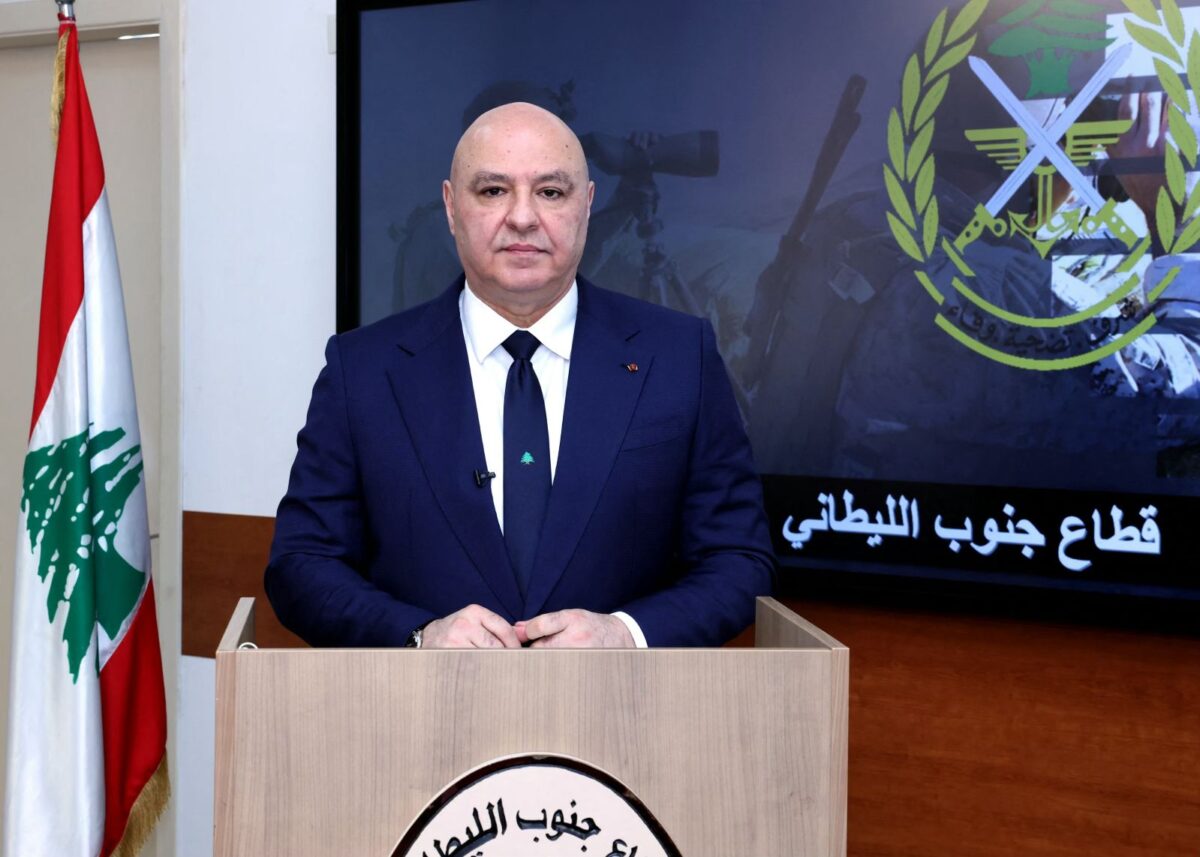
President Joseph Aoun’s Independence Day address this year was, in many ways, the clearest articulation of sovereignty we have heard from a Lebanese head of state in decades. For the first time, a president laid out a doctrine in which the state – not any group or militia – holds the authority over weapons and the decisions of war and peace. It was a courageous message delivered from the South, and it deserved the positive attention it received.
But the speech also contained serious shortcomings that cannot be ignored. Whether due to oversight or political calculation, it blurred the line between those who seek to build the state and those who undermine it. It created a false equivalence between actors committed to statehood and others who perpetuate the dual-state reality. And in one critical passage, it suggested that opposing Hezbollah necessarily means opposing the Shi‘a community. An unnecessary and unhelpful conflation that reinforces the very sectarian insecurities Lebanon is trying to move beyond. These issues matter, but they are not the focus of this argument.
What matters today is that two days after the speech, Israel struck Dahieh, killing a senior Hezbollah commander. And Hezbollah replied with a sentence that erased the core premise of the President’s address: “We will decide when and how to retaliate.” That single declaration revealed the true power structure of Lebanon far more clearly than any political speech could.
The President’s words expressed what independence should look like. Hezbollah’s response revealed how independence actually functions today. And now both sides face decisions more consequential than anything they have publicly acknowledged.
For Hezbollah, the situation is deeply constraining. Retaliation risks further escalation, more strikes, more civilian casualties, and the collapse of what little regional equilibrium still exists. Avoiding retaliation, on the other hand, threatens the movement’s internal narrative as protector and deterrent and risks appearing weak before its base. But the third option – handing its weapons to the state and placing itself under presidential authority – is by far the best strategic path available, both for the party and for Lebanon. It preserves the political weight of the Shi‘a community, protects the party from regional entanglements, integrates fighters into national structures, and closes the contradiction at the heart of our political system.
Yet this option, the most rational and beneficial, is the least likely. The arrogance produced by collective narcissism, which is the belief in group exceptionalism, the refusal to appear vulnerable, and the fear of humiliation, prevents Hezbollah from doing what would ultimately save it. Local pressure from supporters, and the way weakness is framed inside that identity ecosystem, makes integration appear like defeat, when in fact it would be their only sustainable path forward. Hezbollah finds itself in a lose-lose situation, trapped by the very self-image it created.
The President’s dilemma is no less significant. Over the past year, Joseph Aoun has delivered advanced, often bold speeches on sovereignty, on the need for a unified national decision, and even on openness to negotiations with Israel under certain conditions. These positions are politically mature and, in principle, mark a long-overdue shift. But they have been accompanied by very little visibility on actionable planning. And by actionable planning, we do not mean the daily work of the army, which is already functioning under immense constraints. We mean a political roadmap in which Hezbollah itself accepts the new reality: that Lebanon must operate as one state, with one authority, one decision, and one sovereignty.
This is the real issue. Not the weapons themselves, but the refusal to recognize the state as the framework through which national decisions must be made. The idea of separation in Lebanon never emerged from those seeking a strong state nor from those calling for reform. It emerged fundamentally from within the Shi‘a political identity itself, which has, over the past decades, built an alternative sovereignty rather than integrating fully into the Lebanese one. Those who today fear “isolating” the Shi‘a community forget that this separation was not imposed on them. It was instead articulated by leaders who insisted their security, strategy, and legitimacy lie outside the state.
This brings us back to the President. He can continue giving speeches that articulate sovereignty without materializing it. He can avoid confrontation under the understandable desire to preserve stability and prevent bloodshed. He can hope that time alone will shift the balance. But the events of Dahieh showed that time only deepens the contradiction, and that Hezbollah will continue to act independently as long as no one challenges the logic of dual authority.
The other path is very different. The President can call Hezbollah in, formally and publicly, and reject the idea that a non-state actor can decide the country’s response to an attack on its capital. He can set a national timeline for integration into the state, communicate it openly to the public, and demonstrate that he has not only the words of sovereignty but the will to translate them into policy. He can show the country that he is not merely a symbolic president but a leader with a plan; a leader who understands that sovereignty is not a poem, but a strategy.
Lebanon has lived for decades in the comfort of ambiguity, where the state speaks but others decide. These past few days proved that ambiguity is no longer a strategy. Independence cannot be a speech on November 21 if, on November 23, non-state actors publicly dictate the country’s security posture. If the President wishes to show that he is indeed the right man for Lebanon, this is the moment to transform sovereignty from aspiration into action, and to transform the state from an idea into a reality.
Ramzi Abou Ismail is a Political Psychologist and Senior Research Fellow at the Institute for Social Justice and Conflict Resolution at the Lebanese American University.
The views in this story reflect those of the author alone and do not necessarily reflect the beliefs of NOW








